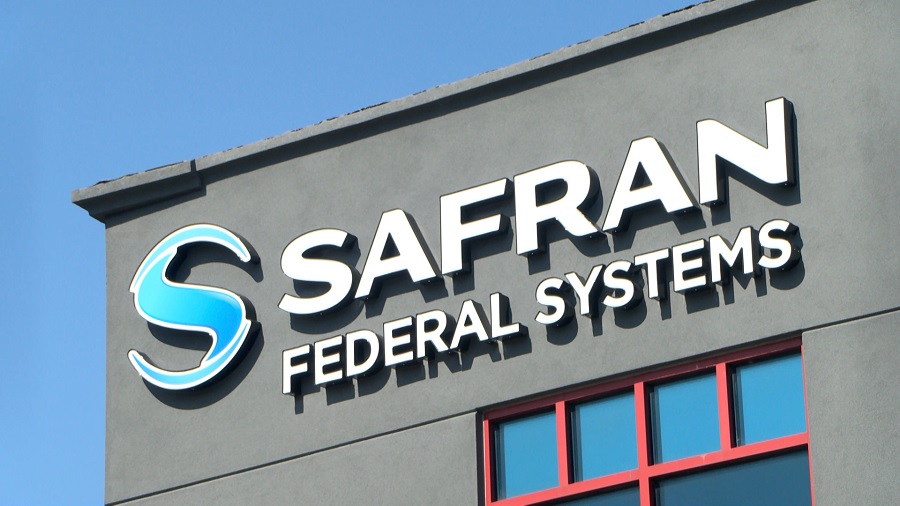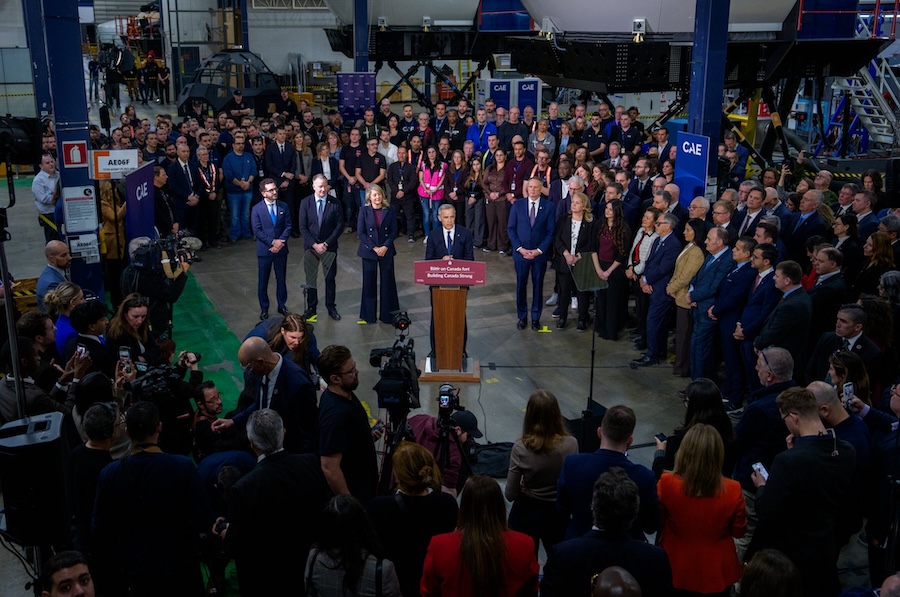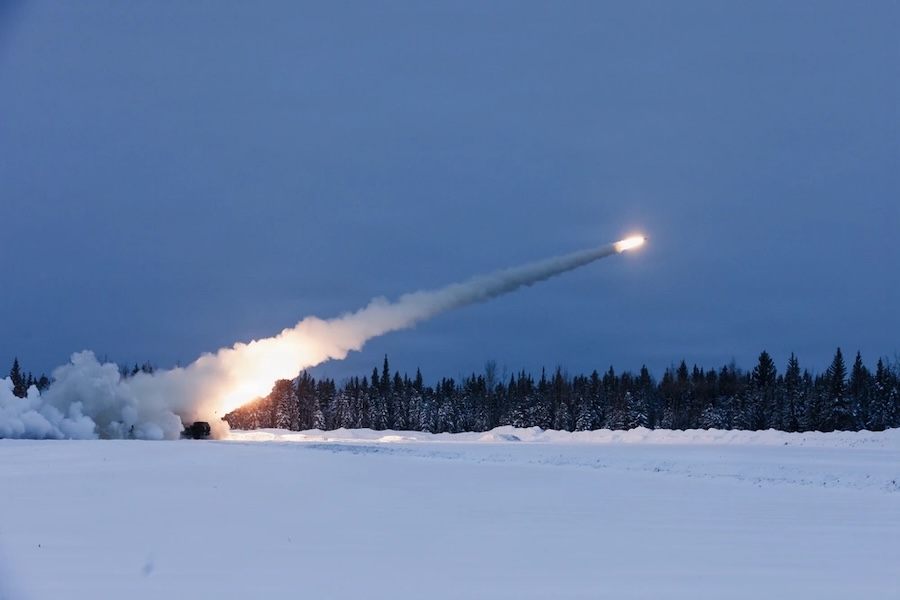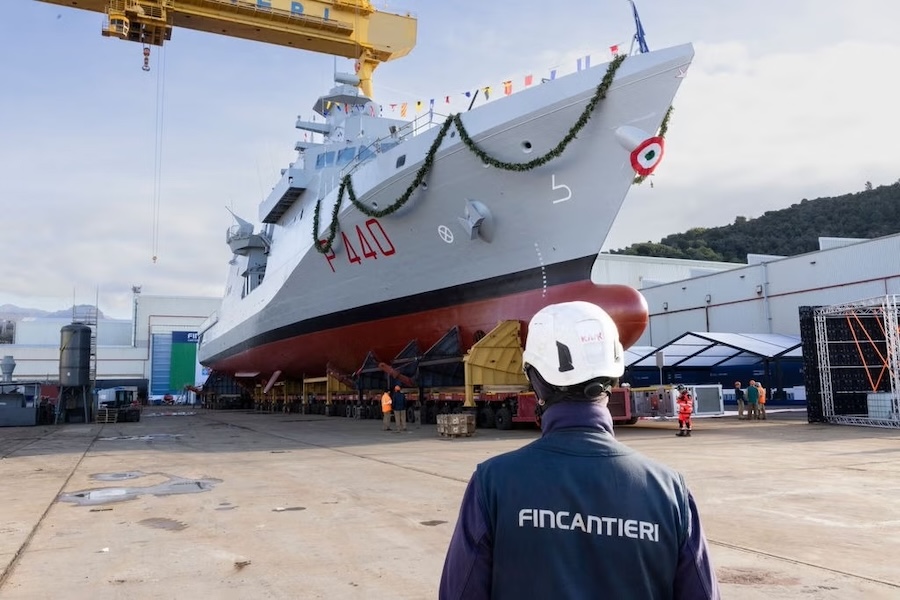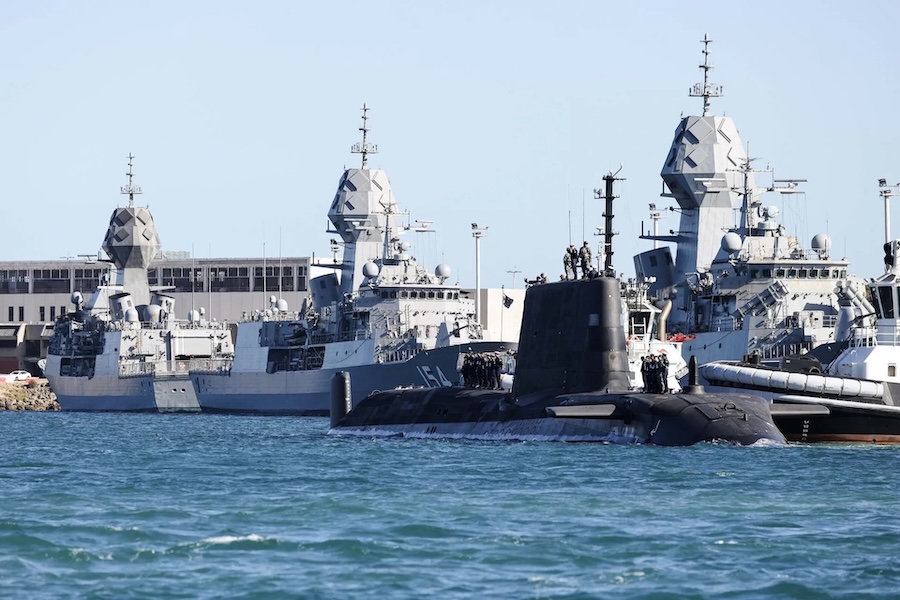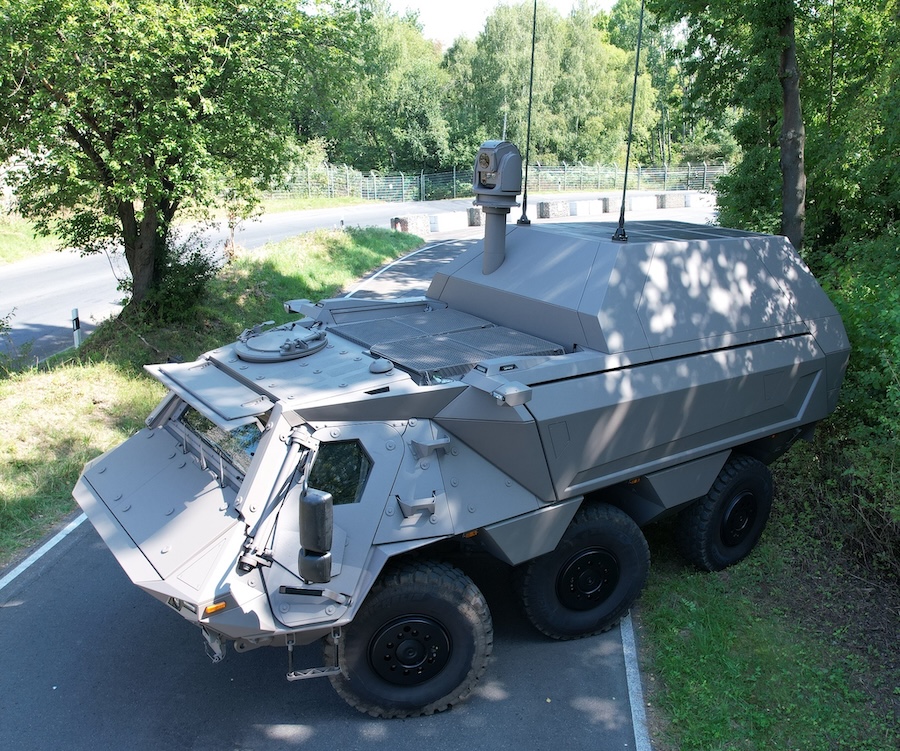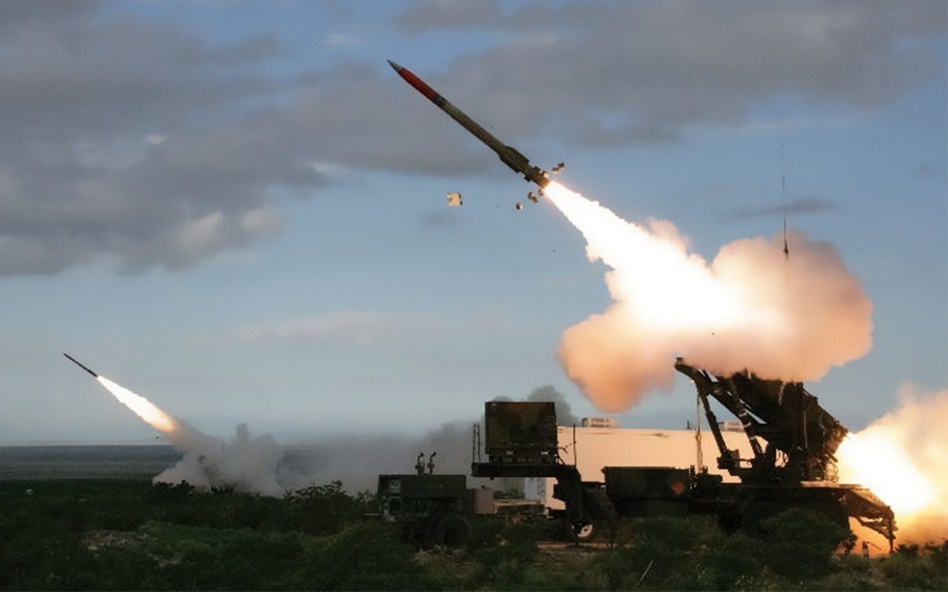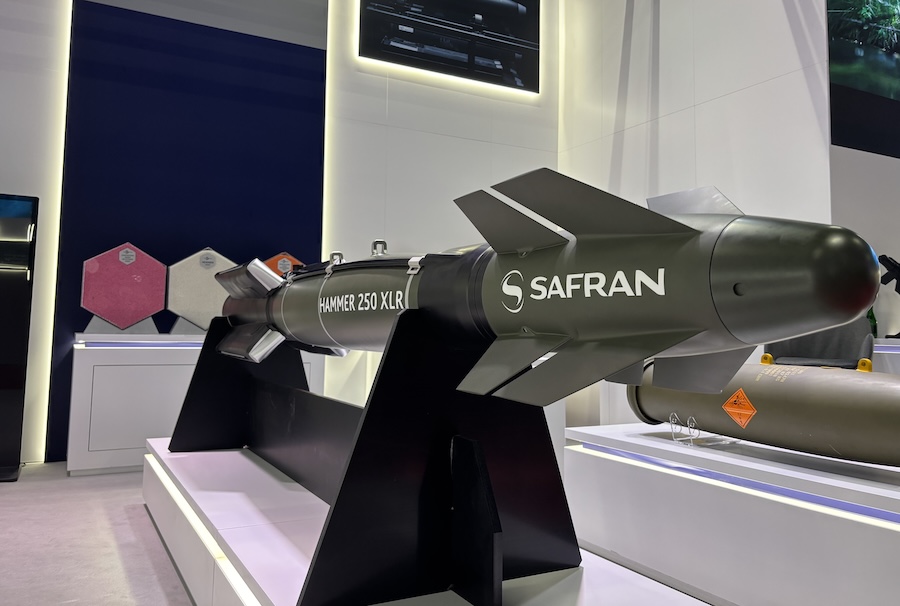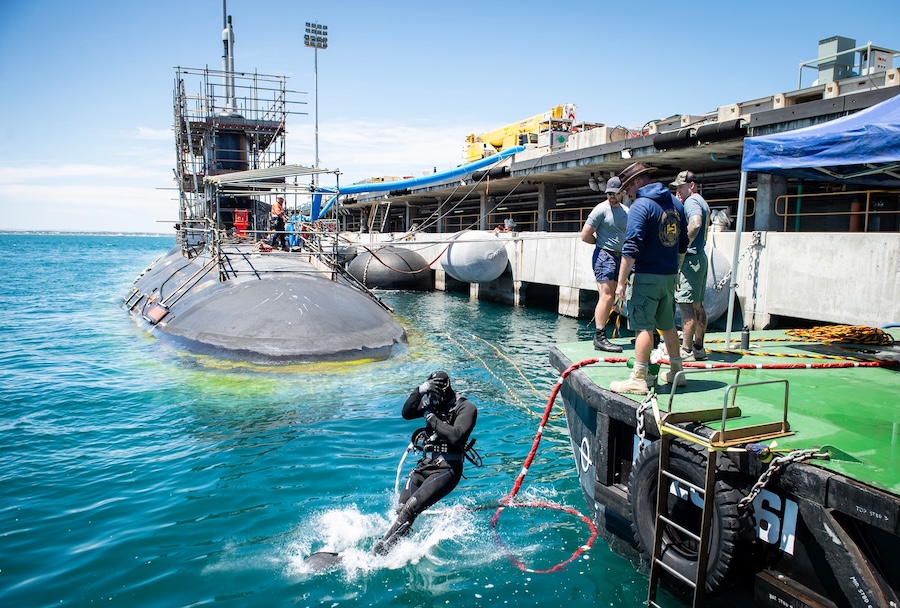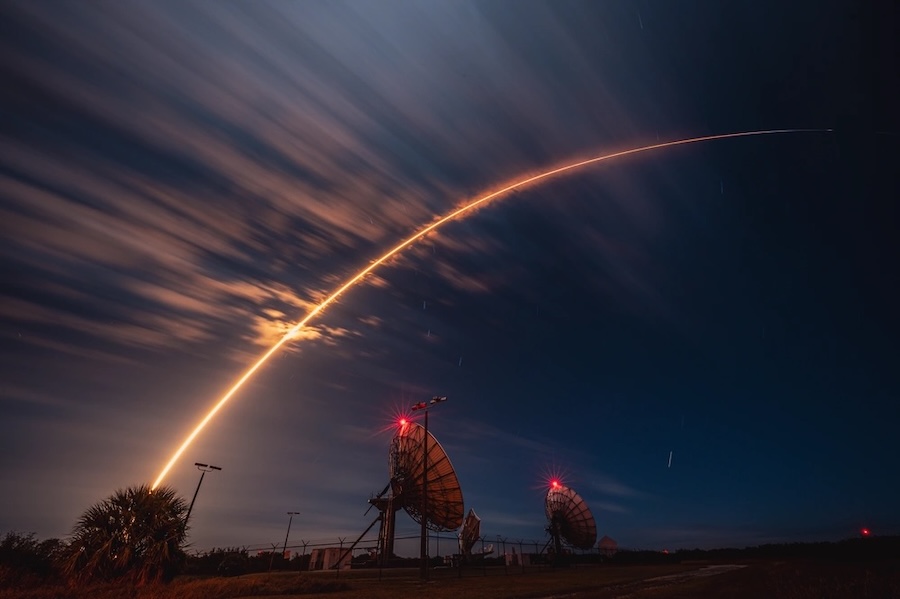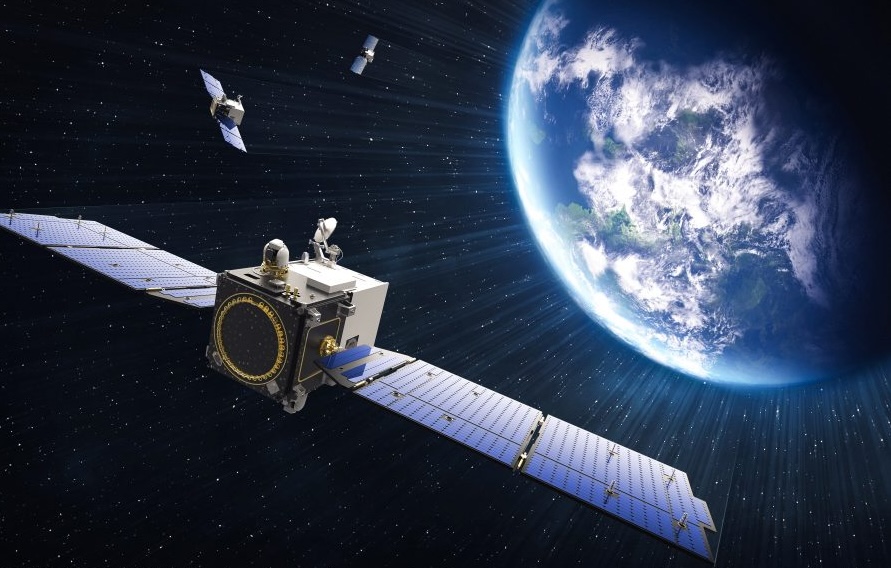These advanced quantum sensors are intended to support dependable navigation across multiple operational domains while reducing reliance on GPS, thereby improving readiness for U.S. and allied forces. Testing will include integration on a military helicopter to assess effectiveness in some of the most demanding environmental conditions.
“This program marks a critical step forward in delivering operational quantum sensing capabilities to the warfighter,” said Dr. Robert Compton, Senior Technical Fellow. “Safran has a long legacy in inertial navigation, and RoQS represents the next evolution, which combines proven expertise with cutting-edge quantum technology to meet DoD modernization priorities.”
DARPA’s RoQS programme places emphasis on collaboration between sensor developers and platform integrators to accelerate the transition from research to real-world deployment. Safran’s contribution is expected to help reduce development timelines and bring field-ready quantum sensors closer to operational use.
The team in Rochester, New York, will lead efforts on ruggedisation, prototyping, and early-stage integration with Department of War platforms. Initial field demonstrations are planned during the programme’s first phase.


